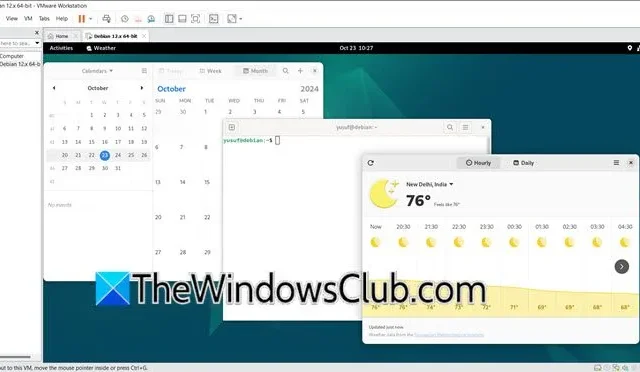Microsoft explains why it doesn’t publish Windows 365 Cloud PC performance metrics

Announced almost two years ago, Windows 365 is Microsoft’s premier offering for providing customers Windows PCs hosted on the cloud. With this service, Windows is hosted on Microsoft Cloud and customers can securely stream the full Windows experience, including their apps, data, and settings, to personal and corporate devices. While the company has multiple price tiers offering varying configurations, it doesn’t really describe the exact performance levels that you should expect. Now, Microsoft has explained why this is the case.

A blog post penned by Microsoft’s Senior Product Manager for Windows 365 Cloud PC / Azure Virtual Desktop, Ron Martinsen, details that there are just too many variables involved while calculating Cloud PC performance metrics. For example, a Cloud PC could be running on a cluster running a variable number of active Cloud PCs, which could themselves be leveraging nested virtualization to run Windows Subsystem for Linux (WSL) or Windows Subsystem for Android (WSA). This means that it’s almost impossible to replicate tests with identical environments in order to guarantee accurate performance numbers.
Moreover, Microsoft continuously upgrades its infrastructure to offer the best possible experience for customers, and that also means that measurement metrics change frequently too. This is also why Windows 365 does not give customers the choice for a specific hardware and instead opts for tiers like 2 vCPU/8-GB RAM/128-GB storage and 8 vCPU/32-GB RAM/128-GB storage. Its goal is to meet the service-level agreements (SLAs) for customers while ensuring a predictable monthly price.
Microsoft has emphasized that Windows 365 is a dynamic software-as-a-service (SaaS) offering so it’s not possible to offer reliable numbers. However, that does not mean that performance is not taken into consideration while designing Cloud PCs. In fact, Microsoft has recently published relative performance metrics for various Cloud PC configurations that you can view here.







Leave a Reply